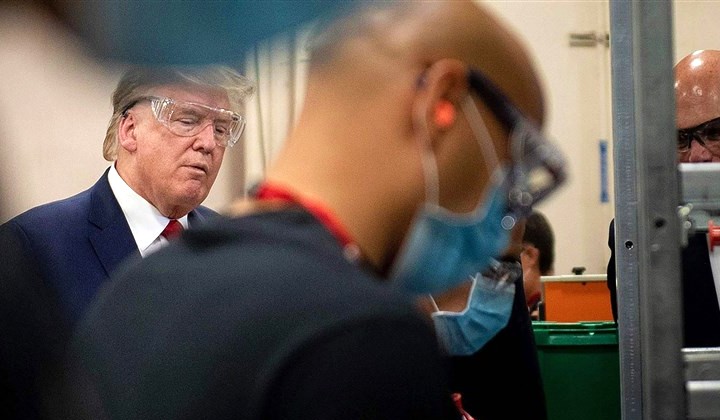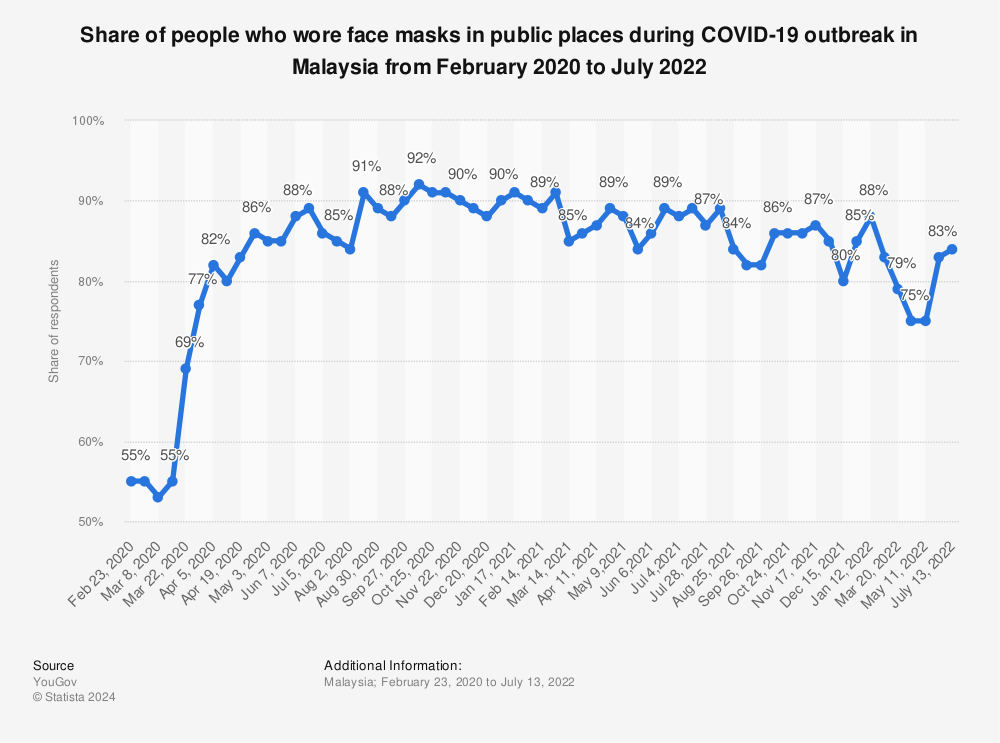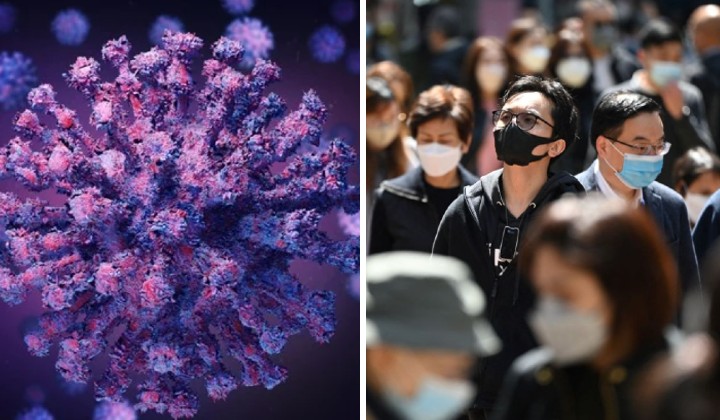Men More Likely To Believe They Won’t Get Covid-19 And Not Wear Masks

Subscribe to our new Telegram channel for the latest updates on Covid-19 and other issues.
According to a new research report, men are less likely to wear a face mask when it is not mandatory to do so. Men are also less likely to believe that they will be personally seriously affected by the coronavirus. Men also report more negative emotions in wearing a face mask, such as feelings of shame for showing “a sign of weakness”.
The researchers note that this is critical as many countries are relaxing rules for their lockdowns, which could potentially lead to an unintended resurgence of Covid-19 cases. For example, in Malaysia, it is not mandatory to wear a face mask unless one is showing symptoms.
The study isn’t particularly new, as similar studies have been done during previous outbreaks. During the 2003 SARS outbreak and the 2009 H1N1 epidemic, studies showed that women were more likely to partake in precautionary measures than men.

Results are also consistent with another research which shows that while everyone increased their hand washing behaviour, a larger percentage of women were more prone to do so than men. Globally, 57% of women are more likely to adopt increased hand washing and hand sanitising practices compared to just 51% of men.
World leaders (of which a majority are men) have also repeatedly been criticized for not taking precautionary measures and leading by example. Even in Malaysia, doctors have noted that leaders should set good examples and take social distancing seriously.
Additionally, the study researched the intention of wearing a face mask while drawing attention to concerns of a baseline, ‘you’, ‘your family’, ‘your community’, and ‘your country’.
The conditions were inserted into the study via a short introduction on the importance of face masks. The researchers then added changes to the introduction with emphasis on either the respondent’s personal health, the safety of their family, their community, or their country.
Notably, people were more willing to wear face masks if they were reminded by the threat to their community, and less so for other conditions.

However, it is important to note that the research was conducted through a pre-registered online experiment of over 2,000 respondents in the USA. The researchers note that the sample of is heterogeneous, although not representative as the sample showed more men, ethnically Caucasian, urban young adults.
In Malaysia, about 85% of the population have been consistently wearing face masks as of 4 May 2020, according to Statista.

Find more statistics at Statista
It’s important to continue social-distancing practices even as we transition into the more relaxed Conditional Movement Control Order (CMCO) to prevent a resurgent outbreak. Constant vigilance is necessary to ensure that the virus doesn’t claim more lives.
Share your thoughts with us on TRP’s Facebook, Twitter, and Instagram.
Anne is an advocate of sustainable living and the circular economy, and has managed to mum-nag the team into using reusable containers to tapau food. She is also a proud parent of 4 cats and 1 rabbit.





